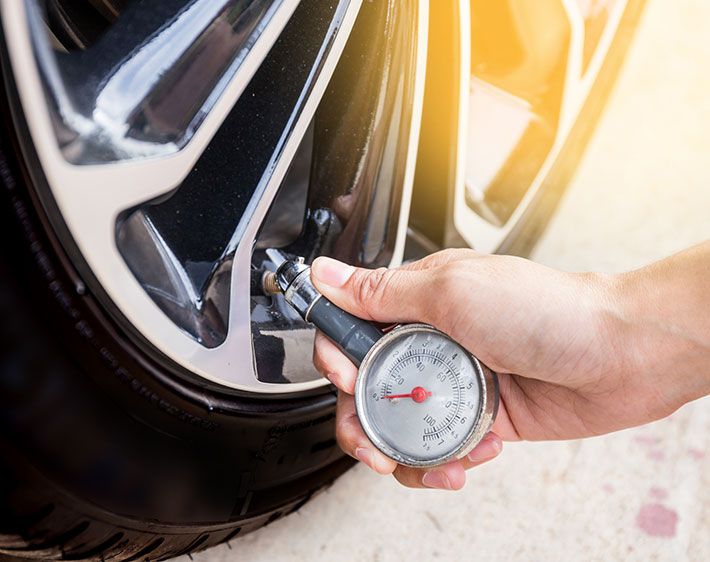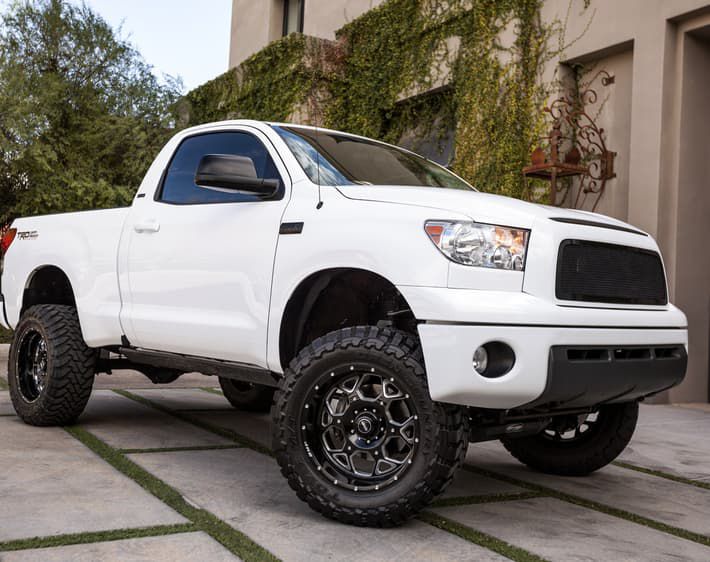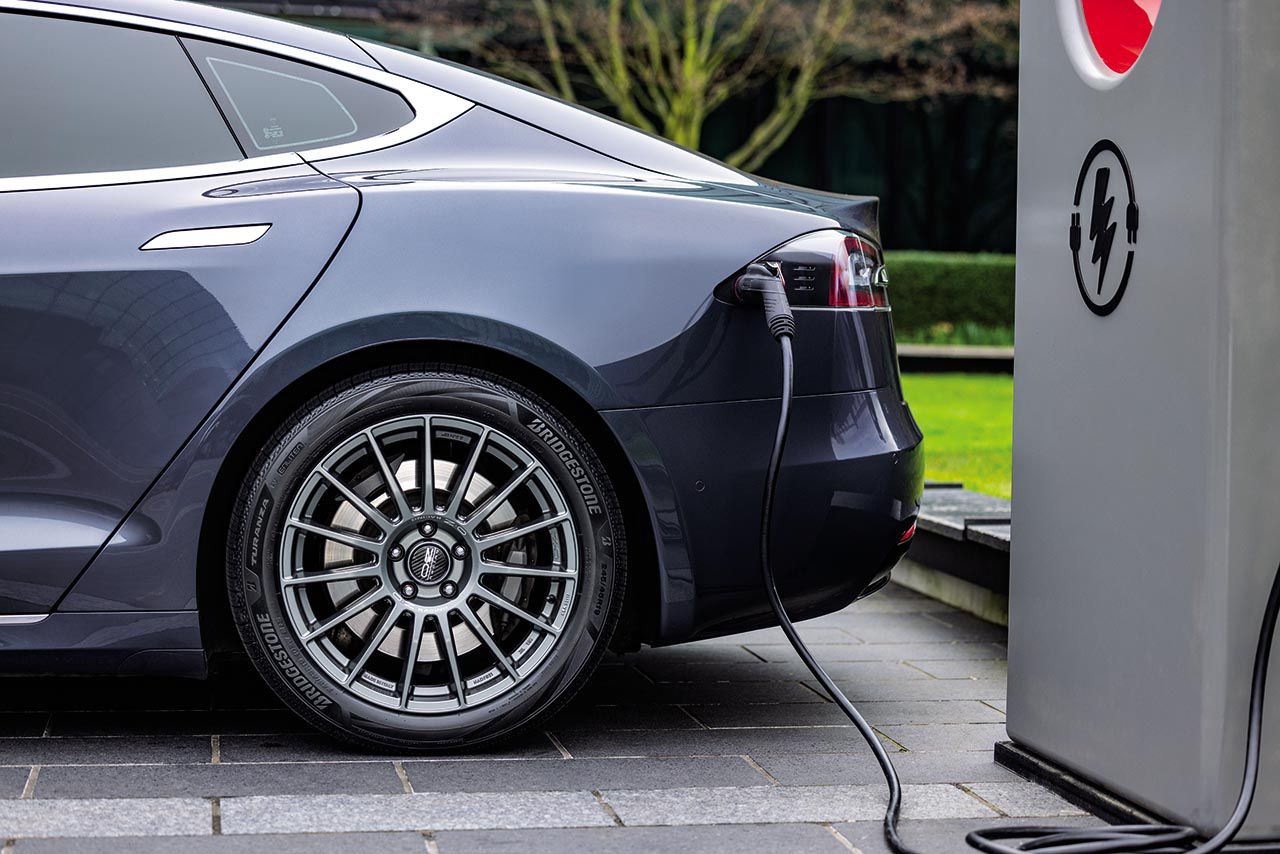Your tires are much more than chunks of rubber. In addition to your brakes, they're your vehicle's most important safety feature. When you keep them properly inflated, your tires can do the job they were designed to do: maintain the right amount of traction between your vehicle and the road, absorb shocks, and follow the directions you give when steering. When they're not properly inflated, your tires can't do their job very well. Keep reading to learn more about tire pressure, plus how to measure and maintain it with the help of your friends at Tires Plus Total Car Care.
Why correct tire pressure matters
Tire pressure isn’t to be taken lightly. It’s crucial to your car’s safety, your comfort, the lifespan of your tires, and even your gas mileage.
- Safety: Low tire pressure leads to more of the tire's surface area touching the ground, and thus more friction between the tire and the road. More friction means more wear, more heat, more often, all of which put your tires at risk for tread separation, a tire blowout, and a serious accident.
- Comfort: When tire pressure is too high, less of the tire will be touching the ground and your ride will feel "harder" and bouncier. Your vehicle's traction and stopping distances can suffer, and you'll likely feel every bump in the road.
- Longevity: Whether under or overinflated, improper tire pressure can lead to uneven and premature tire wear. Properly inflated tires typically last much longer than improperly inflated ones, meaning you won't have to buy new tires as often!
- Fuel Efficiency: Incorrect tire pressure can even have you headed to the pump more often. You can improve your gas mileage by up to 3% simply by keeping your tires inflated to the proper pressure, reports the U.S. Department of Energy. Cha-ching!
Did you know? Even if you ensure your tires are properly inflated every day, you could still end up with a flat tire when you least expect it due to nails, potholes, and bad road conditions. With Bridgestone's DriveGuard tire, though, a flat tire doesn't have to mean getting stranded. DriveGuard tires can be driven up to 50 miles at speeds of up to 50 MPH, even after complete air loss. That's right—a complete air loss!
Tire pressure check? DIY or visit Tires Plus!
How often should you check tire pressure? General wisdom says at least once a month, but checking it every time you fill up with gas is a safer bet. Some drivers think that it's only necessary to check it when the tire pressure light pops up on the dashboard, but the truth is, tires lose pressure daily! In cool weather, they can drop one or two pounds of air per month.
Use our online tire pressure monitor tool to find the recommended tire pressure for your vehicle and a handheld pressure gauge to check your tire pressure at home. Or, keep things simple and get a free tire pressure check at your nearest Tires Plus Total Car Care. Our friendly technicians will gladly check and inflate your tires, free of charge! Learn more about tire pressure in this fun animated video and visit your local Tires Plus for a free tire pressure check today.



